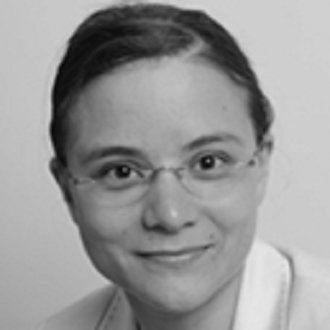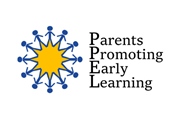 Parents Promoting Early Learning Study – Children Ages 3-4
Parents Promoting Early Learning Study – Children Ages 3-4
STUDY BASICS
Are you the parent of a child who is 4 or almost 4 years old? You and your child may be able to participate in a research study to help better understand how children learn and think about the world. Involves two visits to your home or to the research office to complete questionnaires and interviews, and play games. Also includes online surveys and a phone interview. Compensation provided.
STUDY PURPOSE
Parents play an important role in a child’s development. The purpose of this study is to help researchers learn more about how parents affect the way that children learn and think about the world around them. Researchers hope their findings lead to a better understanding of child development and learning.
COULD THIS STUDY BE RIGHT FOR YOUR CHILD?
- Age four (or almost four)
- Parent must also participate
- Parent and child both identify as either African American or White
- Parent and child are both fluent in English
- Child has never been diagnosed with a disability
WHAT PARTICIPANTS CAN EXPECT
Participation involves an initial phone call to confirm eligibility and to schedule an appointment. Research staff members will visit eligible participants twice in their homes. During the first visit, you and your child will be asked to do some activities together and complete questionnaires and assessments. During the second visit, your child will complete additional assessments and play games. Participants will also be asked to complete online surveys and a phone interview, each lasting about one hour.
IRB: STUDY19070136A
- How low- and high-SES parents support young children's mathematical thinkingMEET THE RESEARCHER

Melissa Libertus
Melissa Libertus, PhD, is a Professor of Psychology in the Department of Psychology at the University of Pittsburgh. Dr. Libertus’s research interests include brain development, how children think, and how parents support children’s learning.
 https://pittplusme.org/study/1525
https://pittplusme.org/study/1525
